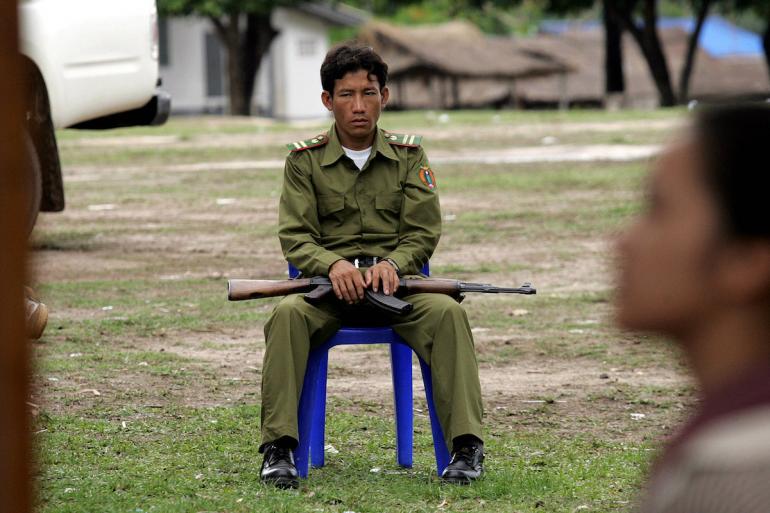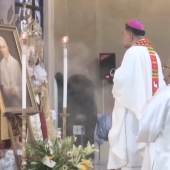Christians in Laos evicted from homes after refusing to renounce faith

Christians in Saravan province in Laos have reportedly been evicted from their homes and forced to live in a forest area for refusing to renounce their faith.
On Oct. 10, seven members of two Christian families in the remote village of Pasing-Kang in Ta-Oesy district were evicted despite a law that is supposed to protect religious freedom.
A source, who requested anonymity, told Radio Free Asia that the displaced Christians “are now living in a small hut in the forest.”
“They have no food or clothes and don’t know who they can turn to for help,” the source said.
Members of the Church, where the seven belong, are planning to visit and aid the evicted Christians.
Another RFA source said village authorities prohibited relatives or other villagers to help.
The source also said that the evicted Christians are suffering from food shortage and are in need of aid for their “primary needs.”
“They also need blankets,” the source said, adding that the relatives are too afraid of being evicted themselves if they provide help.
An official of the Lao Front for the National Construction of Saravan province said they were not formally informed about the incident.
The official, however, admitted that the church leader of the evicted Christians “just came here and spoke with the Office of Religious Affairs.”
The Lao Evangelical Church has been closely monitoring the situation, according to a member who also requested not to be identified.
The member said that the Church is “trying to find a solution to this unfair treatment.”
He said they are saddened by the fact that Christians are still being abused in spite of an existing law that protects religious freedom in Laos.
On Dec. 19, 2019, the country passed the Law on the Evangelical Church, allowing Christians to conduct religious services and preach across the country.
The government, however, will not subsidize or fund the Christian Churches’ operation and these faith institutions must follow other Laotian laws.
The implementation of the law upholding the rights of Christians in the country is relatively different in major cities than in remote villages.
Another RFA source said Christians living in cities, especially in the capital Vientiane, are recognized and respected.
The country has seen an “improvement” in the protection of religious freedom since last year, however, cases of religious persecution and other faith-related violence continue to occur in remote rural areas.
A report released by the US Commission on International Religious Freedom in May noted that, in recent years, the number of people arrested or detained for their religious practices has decreased.”
It added that there were no reports of authorities carrying out arrests in 2019, “although there were several cases at the local level.”
Early this year, three families from the Hmong ethnic group were evicted from their homes and village in Luang Namtha province’s Tine Doi village.
On March 15, authorities, without any explanation, arrested Pastor Sithon Thipavong for conducting religious activities in Kalum Vangkhea village in Savannakhet province’s Xonbury district.
In February, at least 14 Christians were evicted from their homes in Tindoi village, Long district, in Luang Namtha after refusing to participate in an animist ritual. - LiCAS.news
Radio Veritas Asia (RVA), a media platform of the Catholic Church, aims to share Christ. RVA started in 1969 as a continental Catholic radio station to serve Asian countries in their respective local language, thus earning the tag “the Voice of Asian Christianity.” Responding to the emerging context, RVA embraced media platforms to connect with the global Asian audience via its 21 language websites and various social media platforms.














